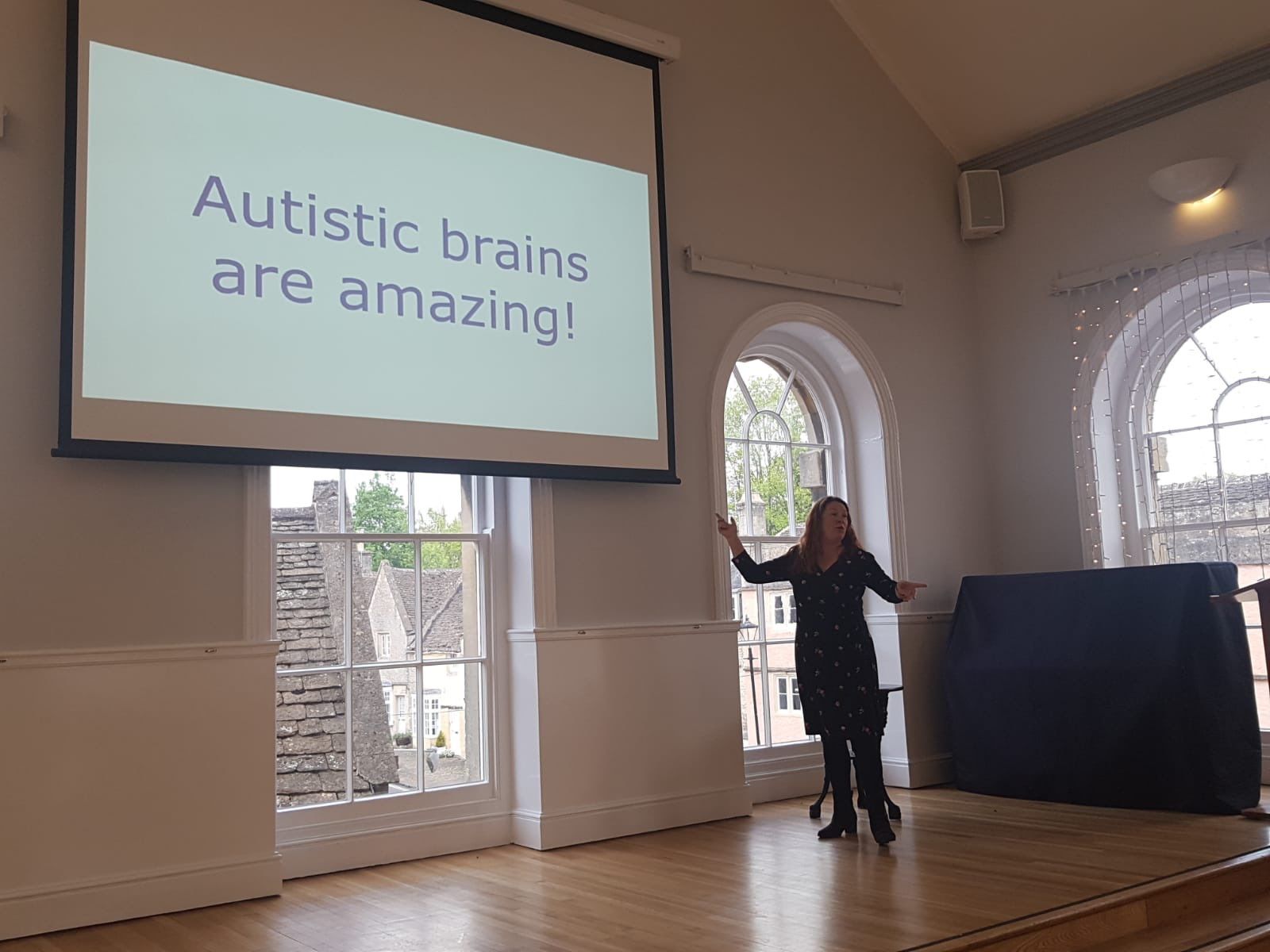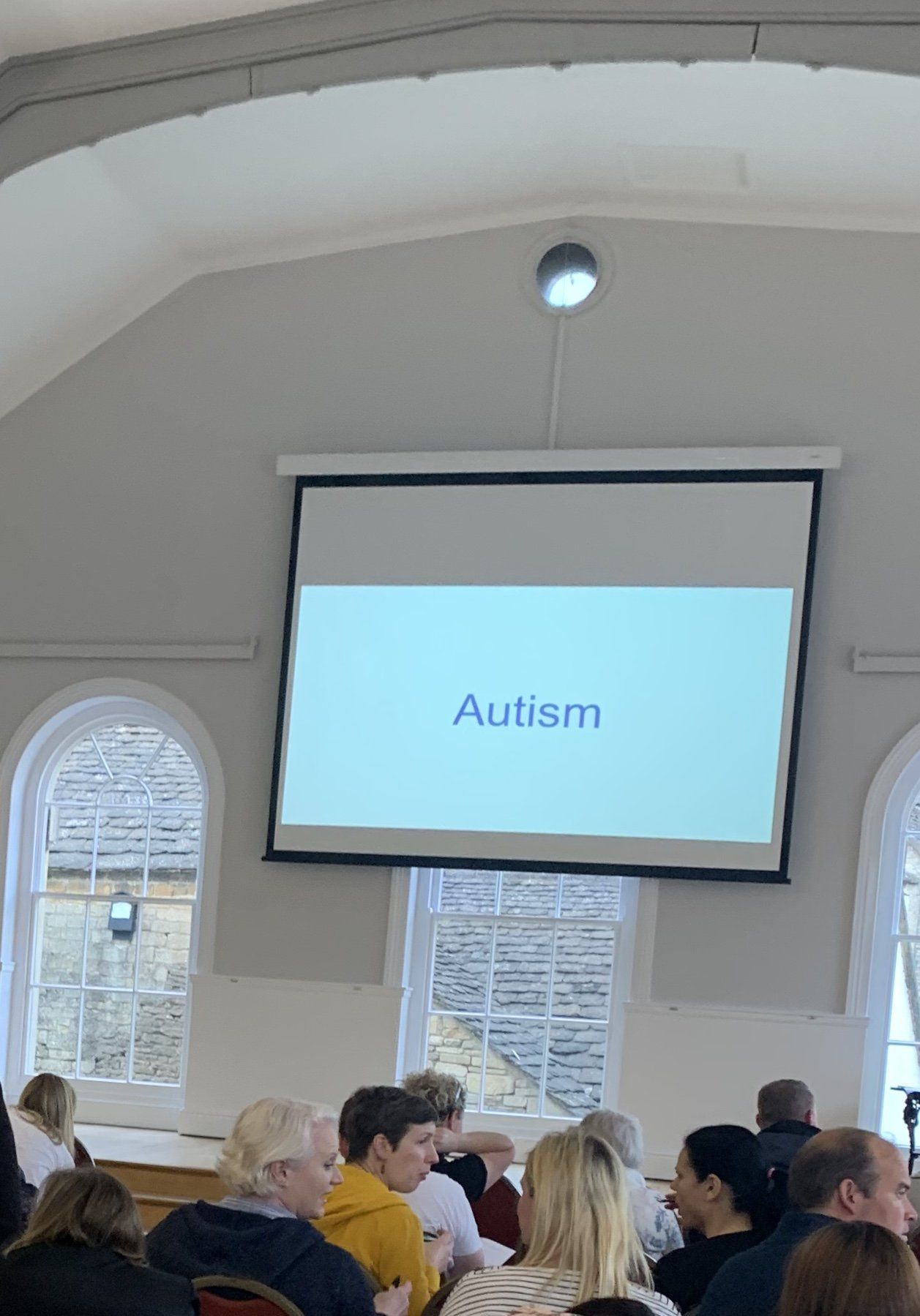Anxiety
Anxiety
Autistic children seem to be more consistently anxious than non-Autistic children. This may be because they find it difficult to predict what’s coming next, prefer to stay in their comfort zones, or struggle to process sudden changes and new things.
Anxiety can lead to
· Nausea
· Upset stomachs and cramps
· Headaches
· Muscle aches
· Tearfulness or anger
Anxiety can cause children to
· Refuse to do things
· Be ‘naughty’ rather than do something
· Run away or hide
· Become angry or violent
· Freeze, become silent or withdrawn
It’s really important to recognise when a child is struggling with anxiety. As they get older, they may learn to recognise the signs and symptoms, and manage it better themselves.
It’s helpful to know what is causing anxiety and try to reduce or eliminate some fears or concerns. This can be done through social stories, talking, and trying new things when the child feels safe and secure. If a child is very anxious about going to the dentist, it may be the waiting room, uncomfortable chair, bright lights, or fear of the pain that is the problem. By working out exactly which parts are tricky, a trip to the dentist can be made easier. It’s good to know what they’re not anxious about as well and to celebrate any successes.
Unexpected and unusual things can cause anxiety, so don't be surprised if your child is fearful of something you enjoy.
Anxiety may be worse if the child is tired, overwhelmed by sensory input, unwell or under pressure to do things they don’t like or know.
Developing a range of coping and support strategies is very important and different things work for different children:
· Sensory blockers to reduce sensory overload (ear defenders, comfort toys)
· Calm breathing techniques
·Exercise, such as running, quick stretches yoga or pilates
·Using oils and massage
·Do a favourite thing, such as colouring or playing with Lego
· Don't try and do too much in one day, and take time to recover after busy days
·Plan and prepare for activities by explaining what will happen, how long it will last and when it will end
·Managing sleep and having a balanced diet – (even if it isn’t varied!)
by Helen Eaton
Through her work, Helen Eaton (MSc, PGCE) has gained a fascinating insight into both education and the workplace. She combines over 20 years’ experience delivering management training to the UK’s leading IT and Finance companies with a passion for education and a teaching qualification. Now specialising in Neurodiversity, she has worked with many families and professionals, promoting the importance of understanding and supporting Autism and Specific Learning Difficulties. Most importantly, she has a Neurodivergent family and rejoices in the uniqueness of their Autistic, ADHD and Dyslexic minds.
If you reproduce or share this work please acknowledge the source and the author.









